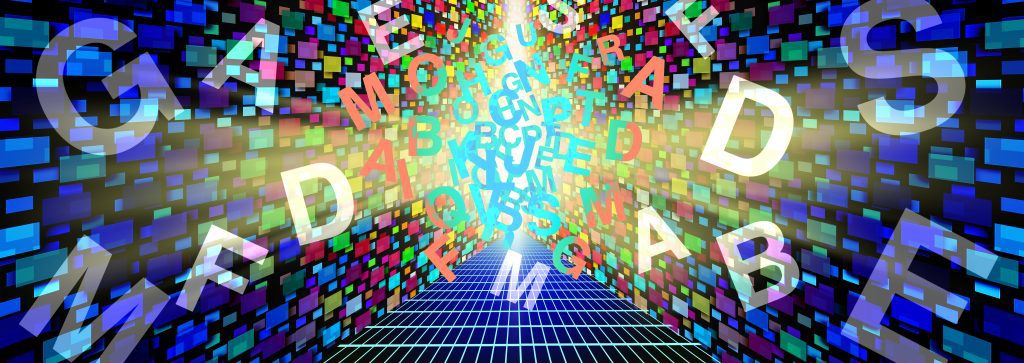UNESCO and the Netherlands launch European AI supervision initiative
This program is consistent with the upcoming EU AI Act, the first comprehensive AI regulation expected to oversee AI use in Europe and inspire other jurisdictions through the ‘Brussels effect’.

The Dutch government and the UN’ Educational, Scientific, and Cultural Organization (UNESCO) launched a project titled ‘Supervising AI by Competent Authorities’ to help Europe’s national agencies prepare for the supervision of AI deployment. The collaboration aims to collect data on how European countries supervise AI and to develop ‘best practice’ guidance.
Gabriela Ramos, UNESCO’s assistant director-general for social and human science, added, ‘This is not a technological discussion. It is a societal one. To shape the technological development of AI, we need effective governance frameworks underpinned by the ethical and moral values we all hold dear.’ The European Commission’s Technical Support Instrument (TSI) will fund the initiative, and the Dutch Authority for Digital Infrastructure (RDI) will assist UNESCO in organizing national working groups all over Europe.
Why does it matter?
In November 2021, UNESCO produced recommendations on the ethics of AI, adopted by all 193 member states, even if they were not legally binding. The project will create future training sessions to improve actors’ institutional capacity and equip national agencies with knowledge and tools to ensure AI models’ compliance. The learning outcome will help shape other discussions happening globally on AI governance.
This program is consistent with the upcoming EU AI Act, the first comprehensive AI regulation expected to oversee AI use in Europe and inspire other jurisdictions through the ‘Brussels effect’.
The EU legislative package seeks to stimulate R&D and industrial applications while ensuring that AI benefits everyone, upholds shared values, and preserves fundamental safety and human rights.
